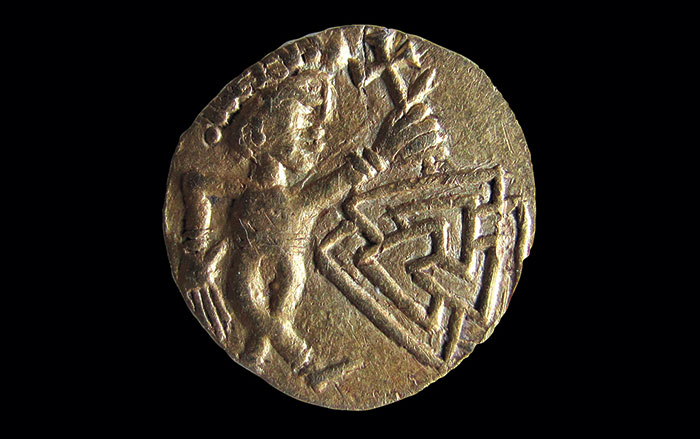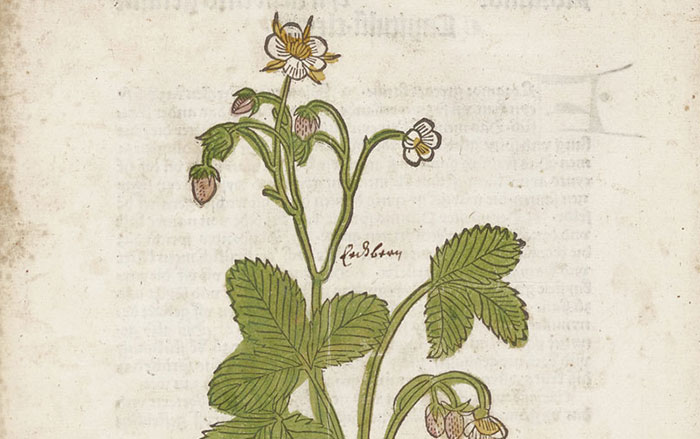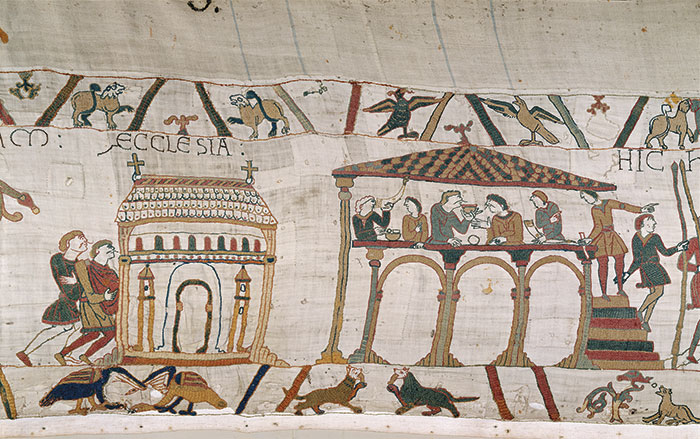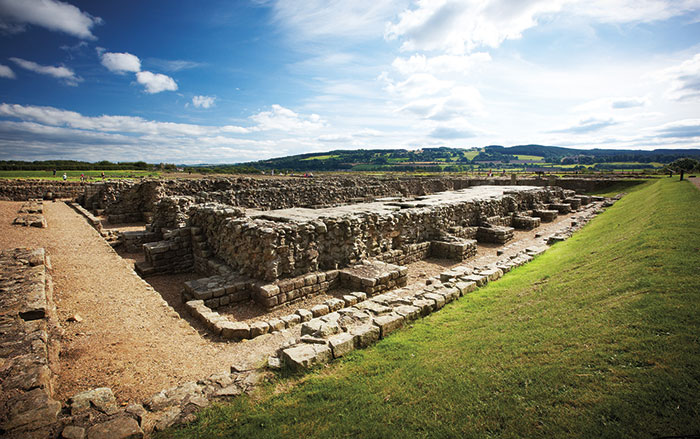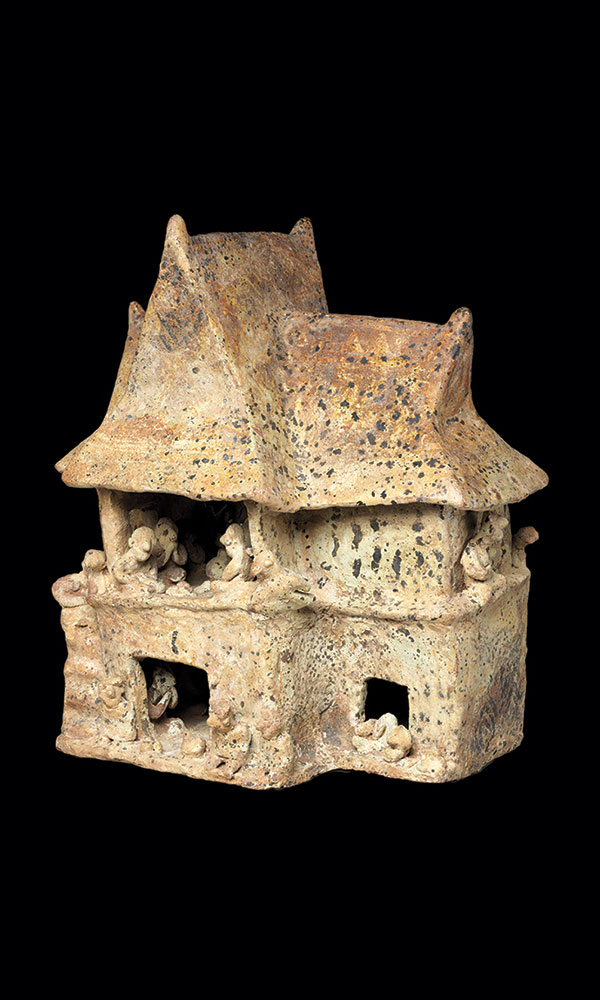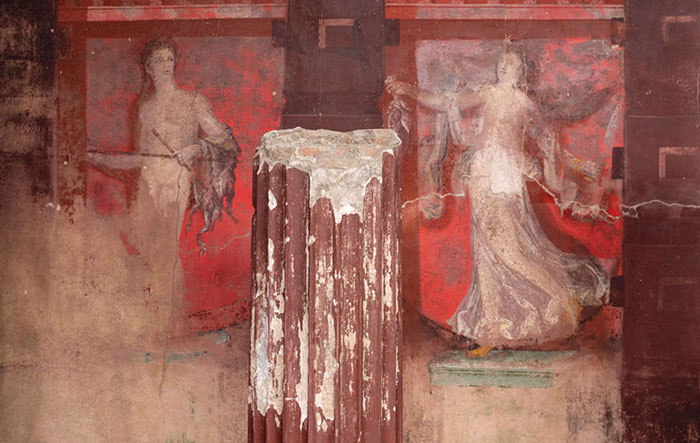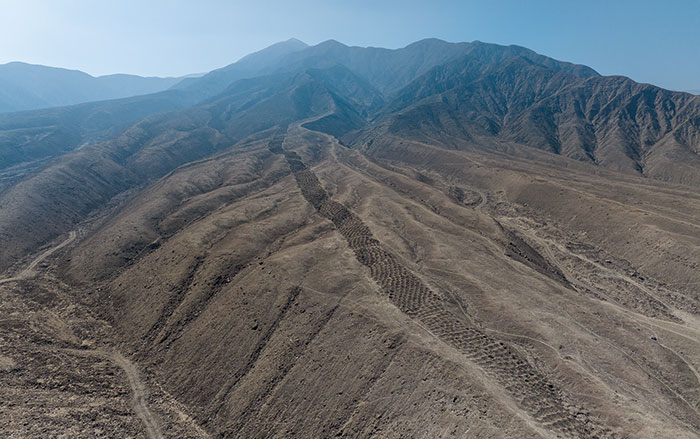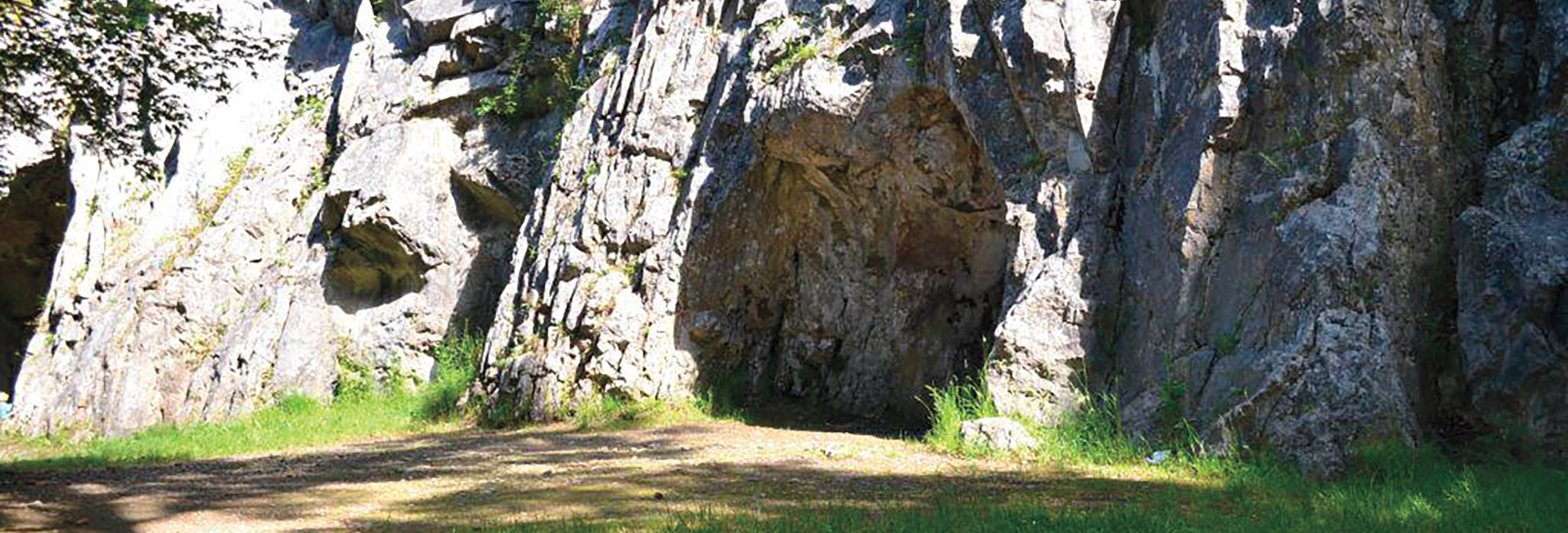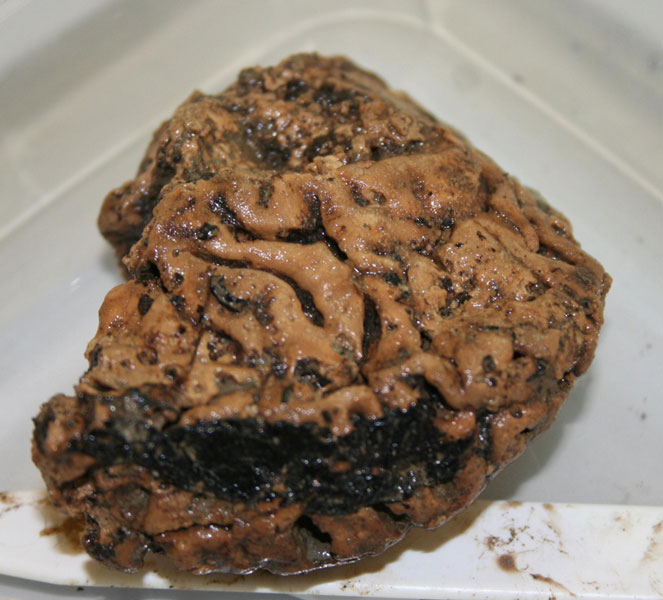
ENGLAND: The man was hanged and decapitated between 673 and 482 B.C. All his soft tissues then decomposed except—seemingly in defiance of biology and chemistry—his brain. A new analysis of the 2008 find suggests that rapid burial, cool and wet soil, isolation from oxygen, and separation from the body (and its gut bacteria) helped with preservation. But there's something more at work—the unique chemistry of the brain's lipids and proteins recombined to form a stronger, more stable material. Scientists are still trying to sort out what happened.


